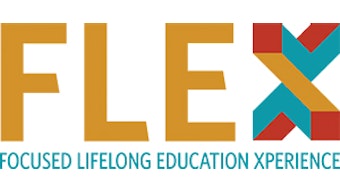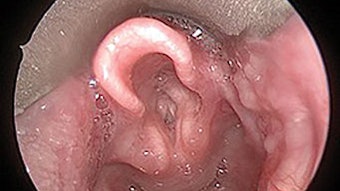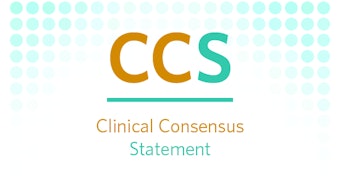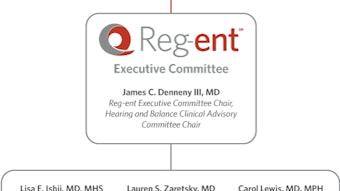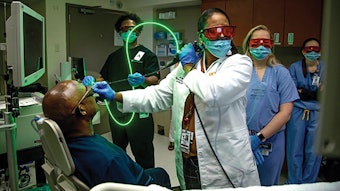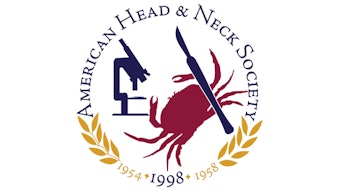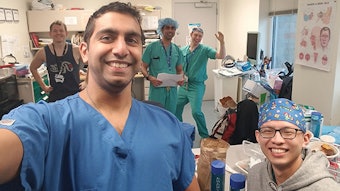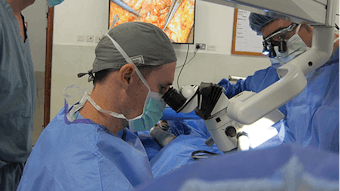Core Grants Program Spotlights: “An Academic Career Born and Bred in CORE”
Congratulations to the 2020 CORE Grantees!
Congratulations to the 2020 CORE Grantees! See full list Of Grantees online at: https://www.entnet.org/content/2020-core-grant-recipients
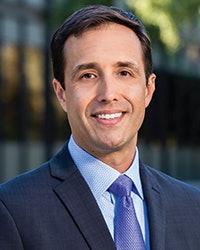
Jon-Paul Pepper, MD
Stanford University
The CORE Grants program has been instrumental to my development as a surgeon-scientist. I was awarded the Research Scholar Award from the American Associate of Facial Plastic and Reconstructive Surgery, administered through CORE. This was a critical source of initial funding for my research. The process was rigorous, and I received detailed feedback. That grant then served as a template for other foundation grants. I was also invited to participate in grant reviews with CORE in the General Section. This NIH-style review session improved my grant writing through peer review. It also connected me with other surgeon-scientists who helped to guide me. I used all of these experiences for a successful resubmission of my K08 award to NIDCR in 2019.

Alan Cheng, MD
Stanford University
I was a T32 resident at the University of Washington when I applied for an AAO-HNSF resident CORE grant. It seemed like a lot of work at the time, but writing a grant forced me to think through the steps and logistics of my research plans. Supported by great mentors and colleagues, I got the necessary feedback and the experience really helped prepare me when I later applied for and was fortunately awarded NIH funding. As a faculty, I have been participating in the CORE Study Section, which is another tremendous experience as you see firsthand how grants are reviewed and also network with other scientists. Overall, I believe the CORE grant mechanisms and study section are perhaps some of best ways for residents, fellows, and junior faculty to get involved and get their research programs off the ground!

Maie St. John, MD, PhD
University of California, Los Angeles
I am very fortunate to have been the recipient of a Surgeon Scientist CDA, and then to have served as a CORE grant reviewer for the past 10 years. CORE funding was essential in building my academic career. My CDA provided me with funding, experience, and data that allowed me to successfully compete for a K Award. These grants and my invaluable experience as a CORE reviewer paved the way for success in developing my own independent NIH/NCI/NIBIB R–funded research program. My current work continues to focus on translational research with a focus on improving therapies and outcomes for patients with head and neck cancer. I encourage our trainees and faculty to join us at CORE, as we continue to support the networking and collaborative growth that is the sustenance of our revered specialty.
